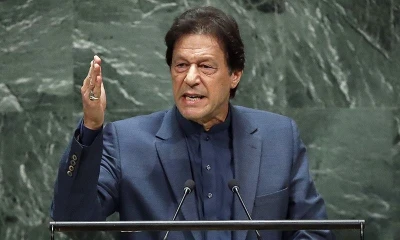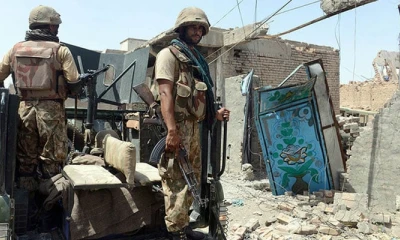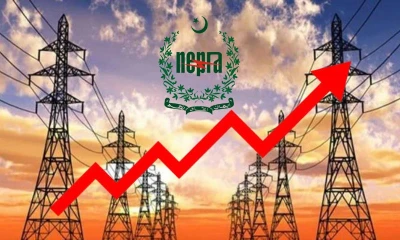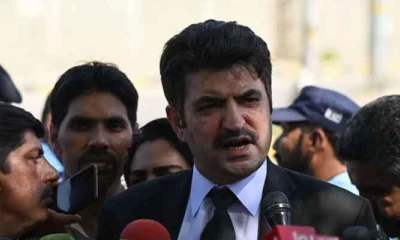Pakistan
May 9 to be remembered as a dark day in Pakistan’s history: Zardari
The president, in his message, terms the mob attacks an attempt to challenge the writ of the state
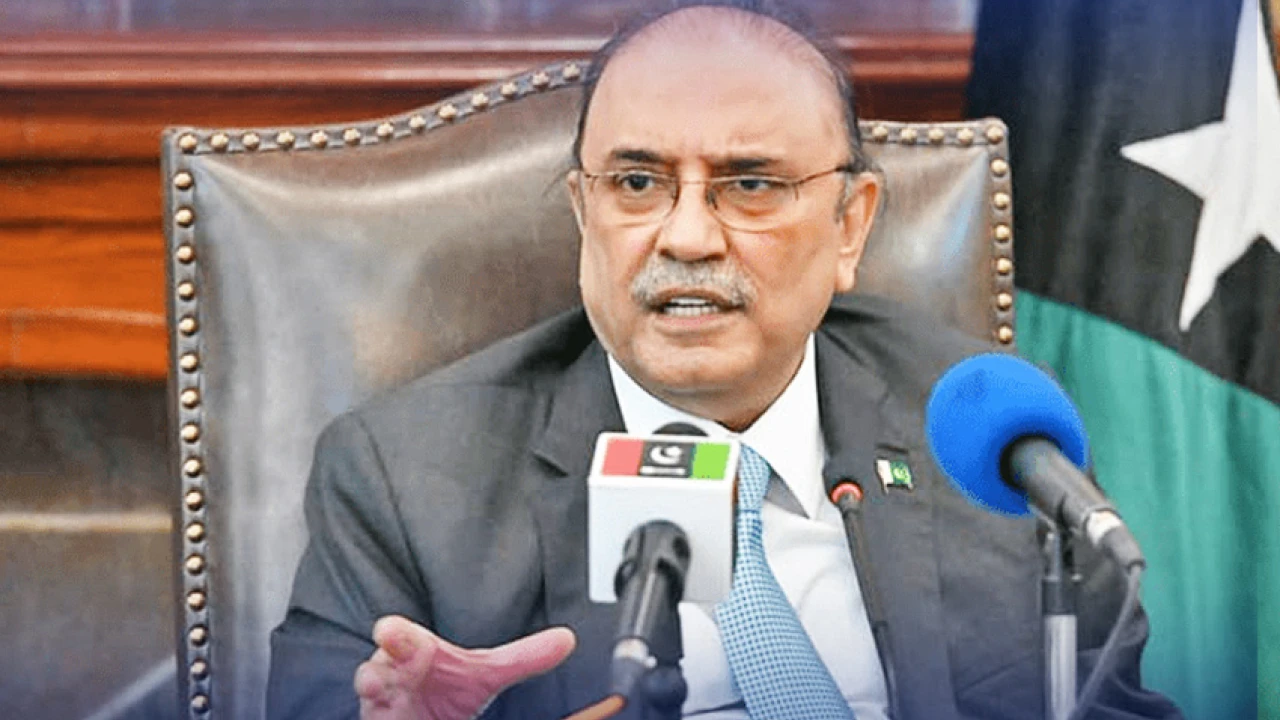
Regional
Six terrorists killed in D I Khan, N Waziristan IBOs: ISPR
The security personnel recovered arms and ammunition in both operations
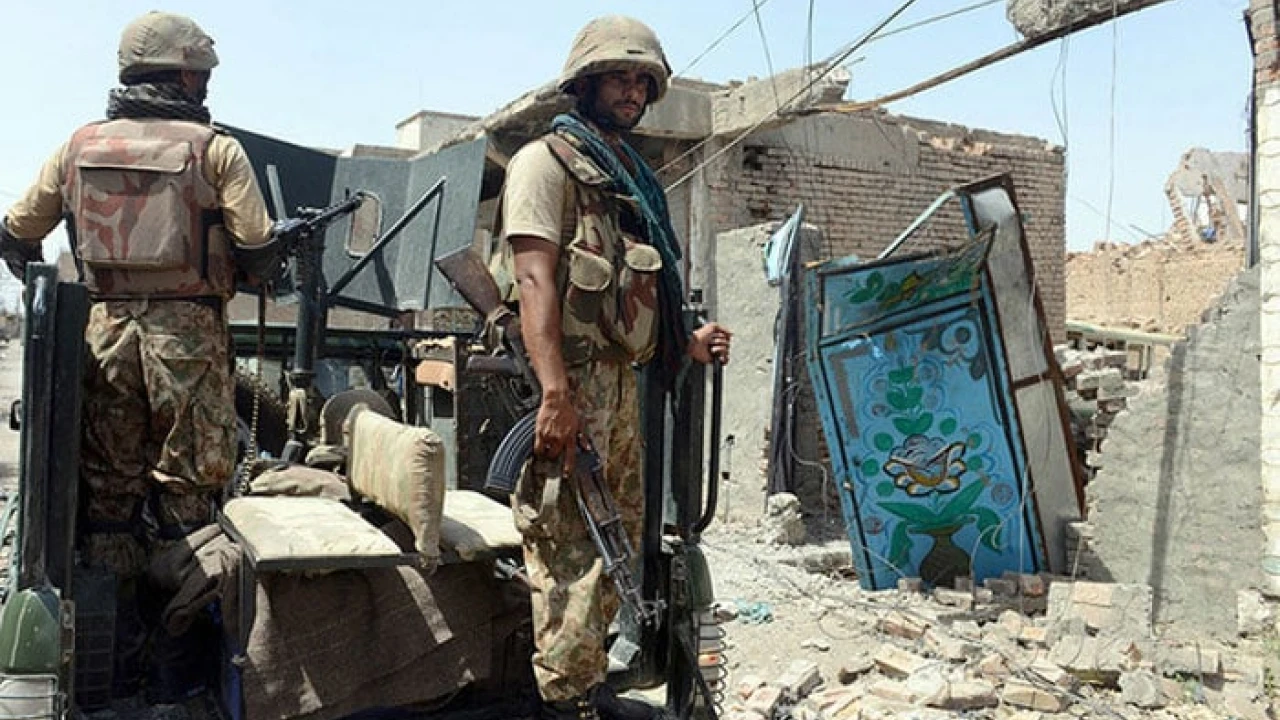
Rawalpindi: Six terrorists were killed in two Intelligence-based operations (IBOs) in Dera Ismail Khan and North Waziristan, the military's media affairs wing said on Wednesday.
According to the Inter-Services Public Relations (ISPR), the security personnel recovered a quantity of arms and ammunition from the crime scenes.
An IBO was conducted in Dera Ismail Khan in response to reports of terrorist activity. After intense combat, the operation successfully neutralised five terrorists, according to the report.
In another encounter in North Waziristan, troops effectively engaged the terrorists’ location as a result of which one more terrorist was killed.
The ISPR statement said that the killed terrorists were actively involved in various other terrorist acts in the region that targeted innocent civilians as well as security forces.
The statement added that ammunition and firearms were also discovered from the militants. According to the statement, the locals appreciated the security forces’ efforts.
It said that law enforcement agencies remain dedicated to eliminating the threat of terrorism from the country.
Business
Call for taxing tobacco at par with int'l standards
Pakistan is counted among the nine poor states that account for the production of 90pc of cigarettes for the world

Islamabad: Following the discussion of the Executive Board of the IMF, Antoinette Sayeh, Deputy Managing Director and Chair, has pressed on the country to "capitalise on this hard‑won stability...with sound macroeconomic policies and structural reforms to create stronger, inclusive, and sustainable growth."
Capital Calling, an Islamabad-based think tank, has stated that it is encouraging that the country has succeeded in getting "an immediate disbursement of SDR 828 million (around $1.1 billion), bringing total disbursements under the arrangement to SDR 2.250 billion (about $3 billion)".
It, however, pointed out that multinational cigarette companies are seemingly unhappy with this "hard-won stability" that the country has achieved. It said that that taxes on non-essential items like cigarettes should be brought at par with international standards. We are the cheapest in the region as far as cigarettes are concerned.
The parameters set by the World Health Organization (WHO) for taxing cigarettes take into account the volume of mortality and morbidity that these products cause in society. Research reports have mentioned that over 24 million Pakistanis are active smokers inflicting irreparable damage on passive ones.
The country has turned into a haven for cigarette production as it is counted among the nine poor states that account for the production of 90 per cent of cigarettes for the world. It has become the haven for the tobacco sector because of the enormous power MNCs enjoy over regulators here in Pakistan.
Only this power of manipulation is responsible for an estimated loss of Rs567 billion in the last seven years. These figures are revealed by a recently conducted study of SDPI.
The think tank also quoted a research report by PIDE, a government entity, revealing that "when the government abolished the third tax tier in 2019 which effectively reduced the tobacco industry’s manoeuvring space to sell cheaper cigarettes by avoiding taxes, the tax contribution of the industry actually increased to 120 billion Pakistani rupees (Rs) compared to Rs 92 billion in 2016. This raised the tobacco industry’s share of total tax collection to 3 per cent from 2.15 per cent in FY16."
It went on to mention, "The government’s reluctance to change tobacco tax policy is partly due to its failure to fully appreciate the smoking-attributable fraction (SAF) of health and social costs. This makes its benefit-cost analysis of tax revenue faulty and compromised over e-health outcomes."
Therefore, Capital Calling, has called for taking the health cost of cigarettes into account at the time of fixing taxes on this industry of non-essential goods so that it does not lose its "hard-won stability". This, it said, is one of the many essential steps to take though.
-
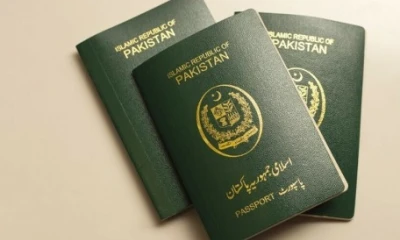
 Pakistan 1 day ago
Pakistan 1 day agoGovt hikes fees for fast-track passport
-
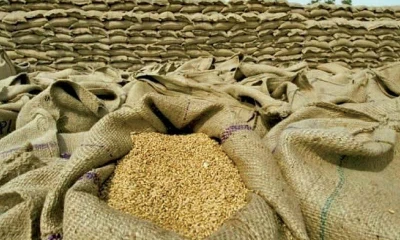
 Regional 1 day ago
Regional 1 day agoKP govt kicks off buying wheat from farmers
-

 Business 1 day ago
Business 1 day agoGold prices in Pakistan fall slightly
-
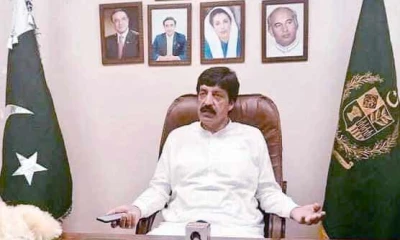
 Regional 1 day ago
Regional 1 day agoPunjab Nominee Governor Haider aims to bridge gap between PML-N, PPP
-
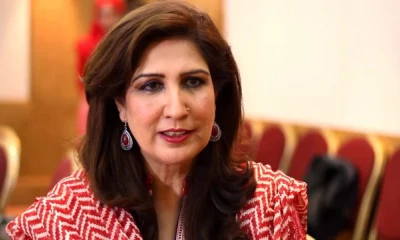
 Sports 2 days ago
Sports 2 days agoShehla Raza steps down as PHF President
-
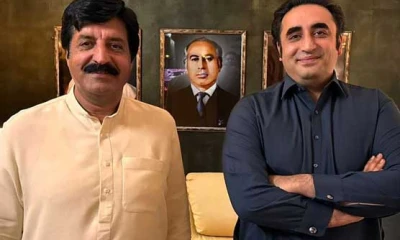
 Pakistan 2 days ago
Pakistan 2 days agoPPP’s Sardar Salim Haider Khan to take oath as Punjab governor tomorrow
-

 Sports 2 days ago
Sports 2 days agoPCB introduces T20 World Cup 2024 kit for Pakistan team
-
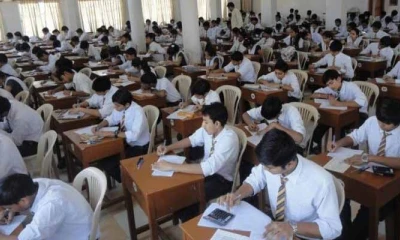
 Regional 1 day ago
Regional 1 day agoMatric exams in Karachi, Section 144 imposed









